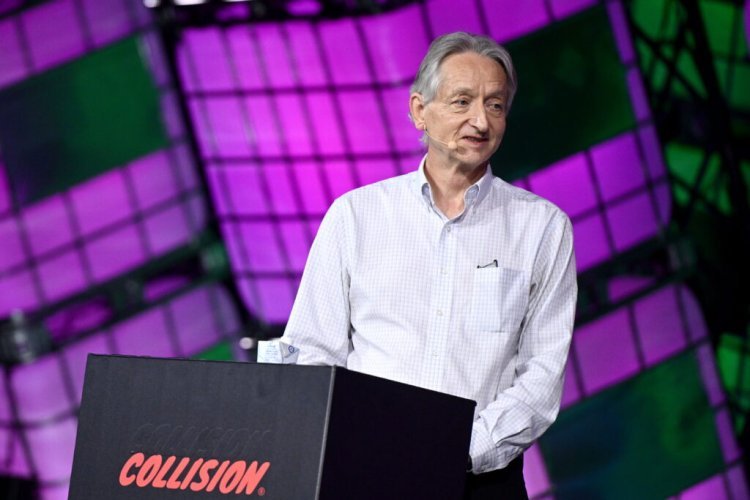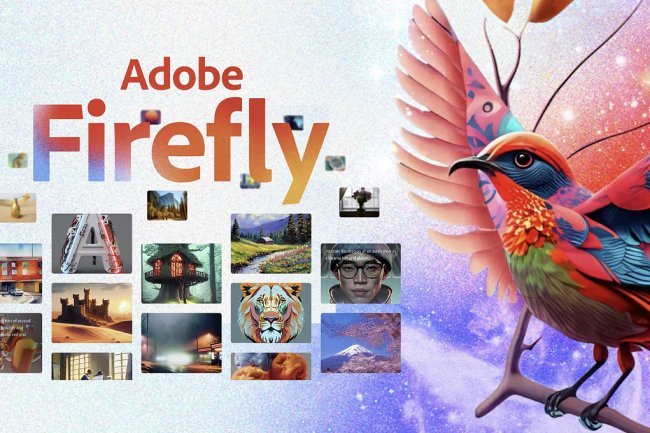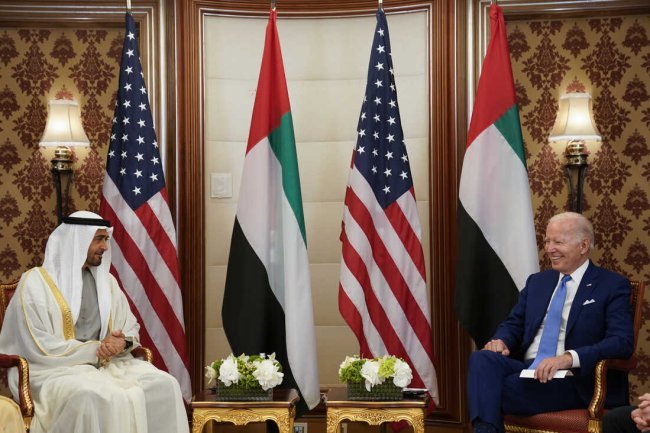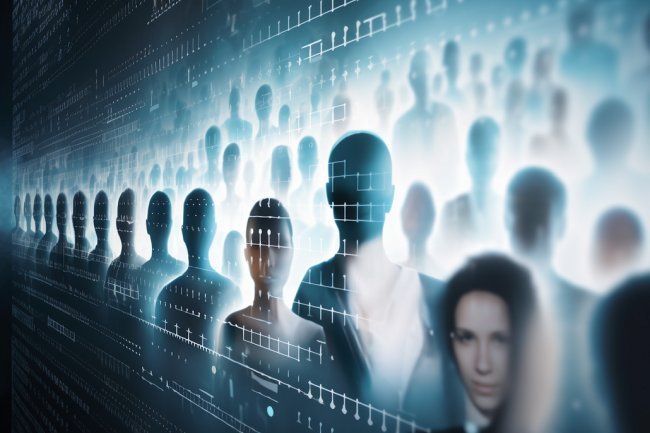Geoffrey Hinton and John Hopfield Awarded Nobel Prize in Physics for Groundbreaking AI Research Raising Ethical Concerns
Geoffrey Hinton and John Hopfield win the Nobel Prize in Physics for their groundbreaking work in artificial intelligence. Both scientists raise alarms about the ethical implications and potential risks of advanced AI systems, emphasizing the need for responsible usage.

Geoffrey Hinton and John Hopfield Awarded Nobel Prize in Physics for Groundbreaking AI Research Raising Ethical Concerns
British-Canadian scientist Geoffrey Hinton and American physicist John Hopfield have been awarded the Nobel Prize in Physics for their foundational work in artificial intelligence (AI). Their research on neural networks in the 1980s laid the groundwork for the deep-learning systems that are now integral to various applications, from facial recognition to language translation. However, both laureates have voiced concerns over the implications of the technology they helped develop, warning of potential risks associated with advanced AI systems.
Pioneering Research and Concerns
The Nobel Committee recognized Hinton and Hopfield for their significant contributions to machine learning through artificial neural networks. Hinton, often referred to as "the Godfather of AI," expressed his concerns about the potential consequences of highly intelligent AI systems taking control. He stated, "In the same circumstances, I would do the same again, but I am worried that the overall consequence of this might be systems more intelligent than us that eventually take control."
Hinton made headlines in 2023 when he resigned from his position at Google to highlight the profound risks that AI poses to society and humanity. When asked about the possibility of AI leading to human extinction, he acknowledged, "It's not inconceivable."
Acknowledgment of AI's Potential
During a press conference, Ellen Moons, chair of the Nobel Committee for Physics, emphasized the duality of AI's impact. She praised the technology's transformative potential while acknowledging the rapid advancements that have raised significant concerns about its ethical use and implications for humanity. Moons stressed the need for responsible stewardship of AI technologies, stating, "Humans carry the responsibility for using this new technology in a safe and ethical way."
Hopfield, a professor emeritus at Princeton University, highlighted his creation of the "Hopfield network," also known as associative memory. This innovation allows for the storage and reconstruction of images and patterns in data. He echoed Hinton's sentiments, calling for a deeper understanding of modern AI systems to mitigate risks and prevent them from spiraling out of control.
The Impact of AI on Society
Hinton, who is currently a professor at the University of Toronto, reflected on the unexpected recognition of his work, expressing his amazement at receiving the Nobel Prize. He stated, "I'm flabbergasted; I had no idea this would happen." Despite his concerns, Hinton remains optimistic about the potential benefits of AI. He described himself as an avid user of AI tools, such as ChatGPT, and posited that the technology will have a monumental influence on society, comparable to the industrial revolution. He emphasized that while industrial advancements focused on physical strength, AI would surpass human intellectual capabilities.
Recognition and Future Implications
Canadian Prime Minister Justin Trudeau praised Hinton's achievements, noting that Canada stands at the forefront of AI technology due to innovators like him. Trudeau remarked, "His curiosity for discovery and contributions to innovation will inspire generations to come."
The Nobel Prize in Physics awarded to Hinton and Hopfield is the second of this year's Nobel season, following the Medicine Prize given to American scientists Victor Ambros and Gary Ruvkun for their discovery of microRNA and its role in gene regulation. The Nobel prizes, established in 1901, honor individuals who have conferred significant benefits to humanity as articulated by the prize creator Alfred Nobel.
As the Nobel season progresses, with the chemistry prize to be announced soon and the literature and peace prizes following, Hinton and Hopfield's award highlights the importance of addressing the ethical challenges posed by AI alongside its advancements. The winners will be honored on December 10 in Stockholm, receiving a diploma, a gold medal, and a $1 million cash prize.
Click Here to Visit
What's Your Reaction?
















